It’s another LiA Bespoke tailored suit. This time around the credit goes to LiA supporter Nicc, who generously commissioned a piece on the “Chrysanthemum Taboo”. Thanks very much for all your support, Nicc – this one’s for you. I hope patrons and supporters enjoyed their one week exclusive preview!
Now, as I told Nicc up front, this is not a topic about which I knew a whole lot going in. The Chrysanthemum Taboo – known as the Kiku Taboo in Japanese – is, simply, the unwritten rule that the Japanese Imperial family is not to be discussed (never mind criticized or satirized) in fiction, editorial, or even public conversation. Except before the war it actually was a written rule – doing those things was illegal under the Japanese penal code under the doctrine of lèse-majesté. When that code was abolished by occupying allied powers after the war and left out of the new constitution, that made such discussions and criticisms legal. The matter of social acceptability is a much more complicated one, however.
One need look no further than the U.K. to see that this is not a universal state of affairs where royalty is concerned. The British royal family is relentlessly and obsessively discussed by the press and the public, often in none-too-flattering terms. This was never the case in Japan, and for a time after the war, it seems there was some relaxing of the social taboos against discussing the Imperial family. But – like so many other things in Japan – it owes its existence today to the rise of right-wing political movements in the 60’s, movements which still exert tremendous influence over the ruling (and grossly misnamed) Liberal Democratic Party (and thus Japanese society as a whole).
As is the wont of such groups they used the threat of violence – and sometimes violence itself, up to and including murder – to intimidate the Japanese media into “self-regulating” such discussions. The threat of writing it into the penal code again was also a factor, and in effect self-censorship became near-universal and remains in place to this day. That’s the essence of a taboo of course – if it were still illegal, there would be no need for one. About the only exception I’ve seen to this was the scandal over Princess Mako marrying a commoner (Komuro Kei) and moving to New York. And this was possible, of course, because the minute she did that she became former Princess Mako – and was branded as a traitor by the almost universally nationalist Japanese press.
That brings us to the topic of anime, which was in part what Nicc was interested in exploring further. And truth be told, there’s not a lot of “there” there – because the Chrysanthemum Taboo (or the law that preceded it) has been in place for anime’s entire existence as a medium. Domestic politics in general is not widely discussed in anime, though if it doesn’t specifically involve the royals there are limited exceptions (such as a burst of mockery of Tokyo governor and general evil bastard Ishihara Shintaro and his censorship law “Bill 156”, which targeted anime and manga for being “pornographic”). Manga has more freedom, though there are still a lot of third rails there.
So – if you look around for anime and even manga specifically criticizing the Imperial family (I did) you won’t find much. You will, however, find plenty which take on Japan’s role in World War II – many of them nationalist apologists. Not all, though – titans of the mediums like Tezuka Osamu and Mizuki Shigeru certainly considered it fair game. Tezuka, born in 1928, narrowly avoided wartime active service but experienced the horrors of allied firebombing while working at a munitions factory in Osaka. As for Mizuki he served in the Pacific theatre and was badly wounded in New Guinea, losing his right arm and thus being forced to learn how to draw with his left. Both mens’ experiences shaped their views on war and Japan’s place in the world, and they were fiercely anti-nationalistic voices in the world of manga and anime.
While never expressly criticizing the Imperial family, these giants of manga (and anime in Tezuka’s case especially) nevertheless provide a template for how Japanese writers who wanted to express their views on the royals had to go about it. To wit, subterfuge. Fantasy is one means (Dororo is an example). If your characters are not human, that gives you plausible deniability. Another is to set your story in another Imperial court – either Chinese (historically or in a fantastic realm) or a completely fictional one. Through this means a mangaka could express their views on the Imperial system without running afoul of the right-wing thought police – if they were careful and discreet enough.
In point of fact, the only anime I can find which makes direct reference to the Imperial family is Heisei no Cinderella Kiko-sama Monogatari, a 15-minute special produced by Studio Comet in 1990. Why was this allowed to slip through the cracks? It’s hard to know as an outsider – perhaps because it’s a pretty innocuous theme (a fairy-tale style romance), or perhaps because Kawashima Kiko only became “Princess” after she married the Emperor’s second son, Fumihito. It seems likely as well that if the subject at-hand had been the Emperor himself or his heir, the special would never have been made.
Well, let me amend that – that’s the only direct reference to the modern Imperial family. The taboo doesn’t seem to hold entirely if you go back far enough – to the Heian Period, to be precise. Emperor Go-Shirakawa plays a major role in the political struggles depicted by Science SARU’s disappointing adaptation of Heike Monogatari – because of course he does so in the vastly superior source material. The Emperor’s second son is a key figure in Genji Monogatari as well. The novel (considered the world’s first by many) was written contemporaneously with the events it depicts (Heike was based on oral storytelling, and found its ultimate form somewhat later). And of course Genji has seen countless adaptations – including by manga and anime.
Why is the Heian seemingly exempt from the Chrysanthemum Taboo, at least to a degree? Perhaps because this era is so elemental in Japanese literature and poetry, and because it’s almost impossible to write about it without the Imperial family being prominently featured. Perhaps because of the sheer passage of time – nearly a millennium. But a thousand years is a very long time, and anything more recent is still seemingly outside of the Japanese media’s comfort zone. Change comes agonizingly slowly here, and there are no signs that the power of the Chrysanthemum Taboo is weakening.


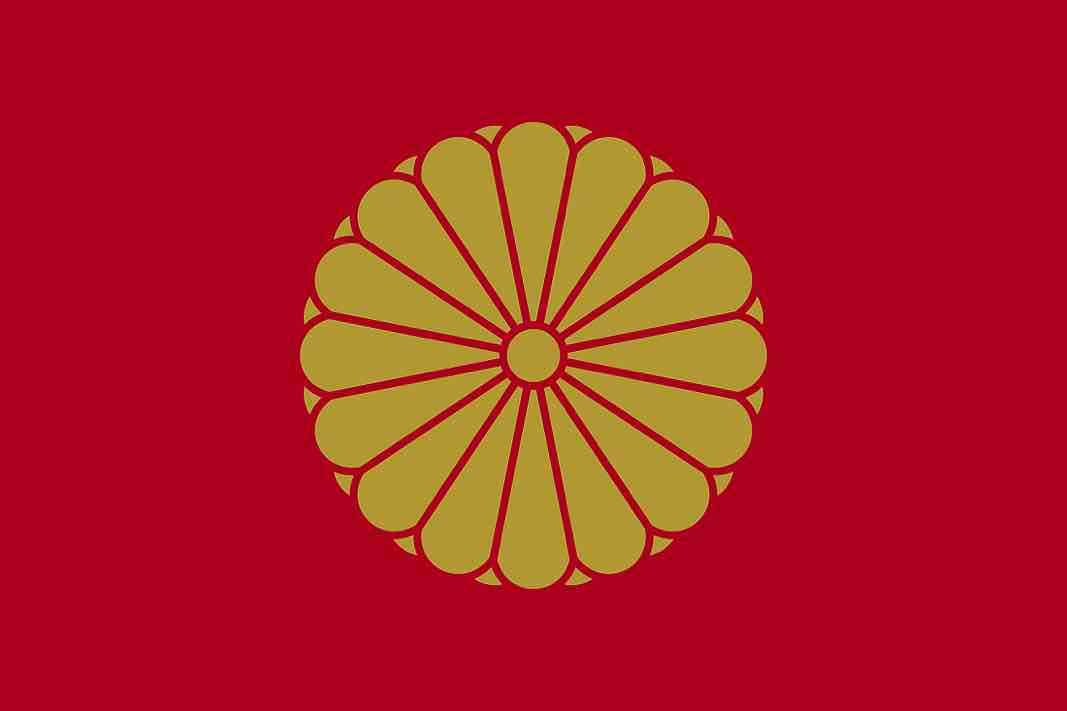
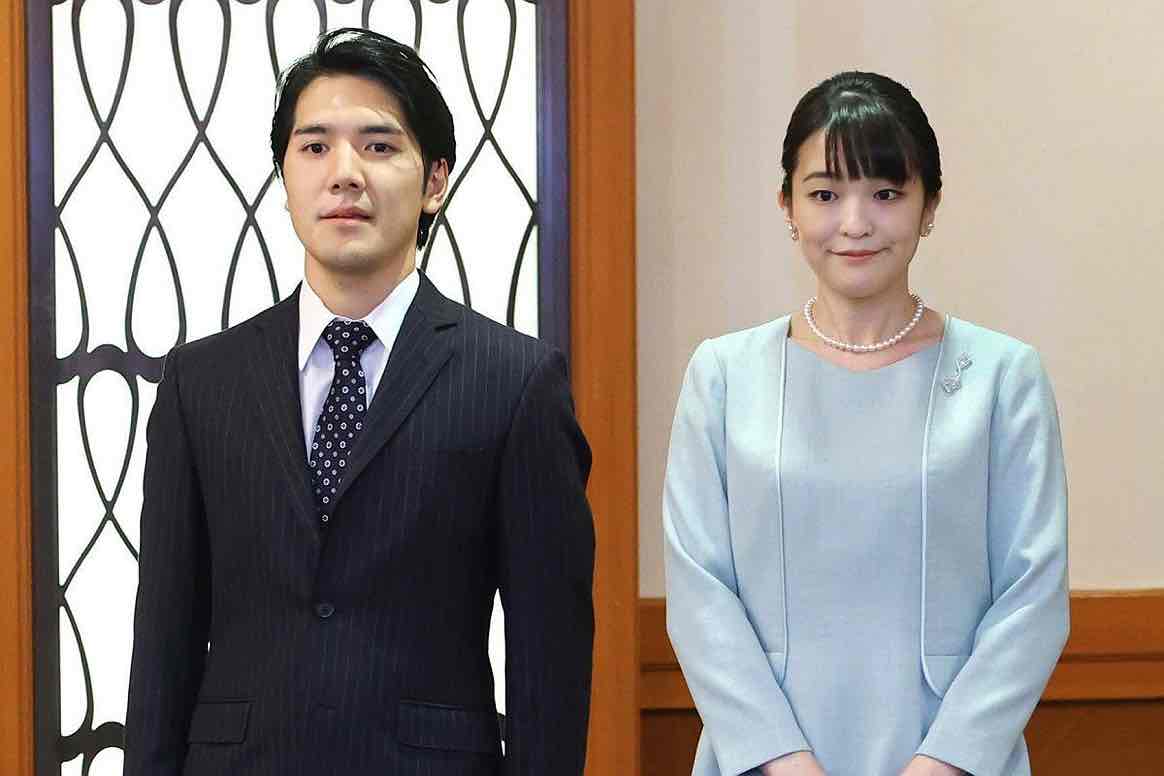
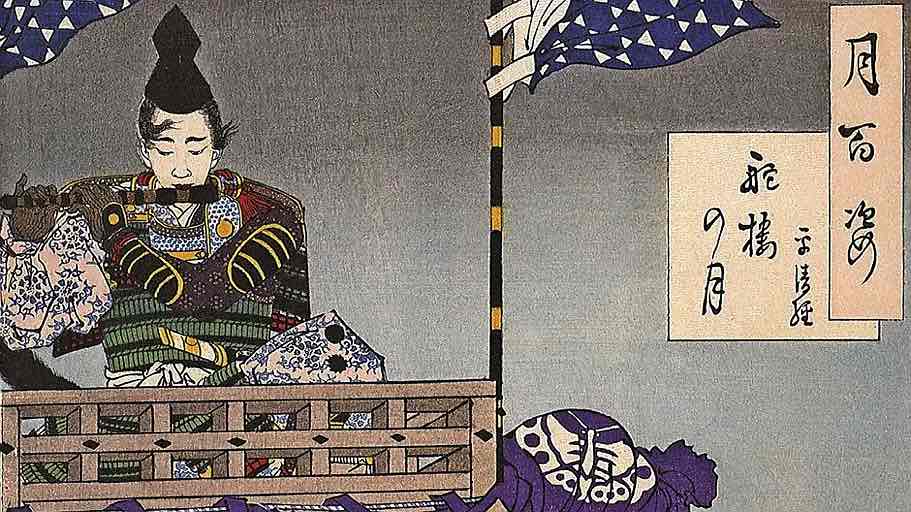
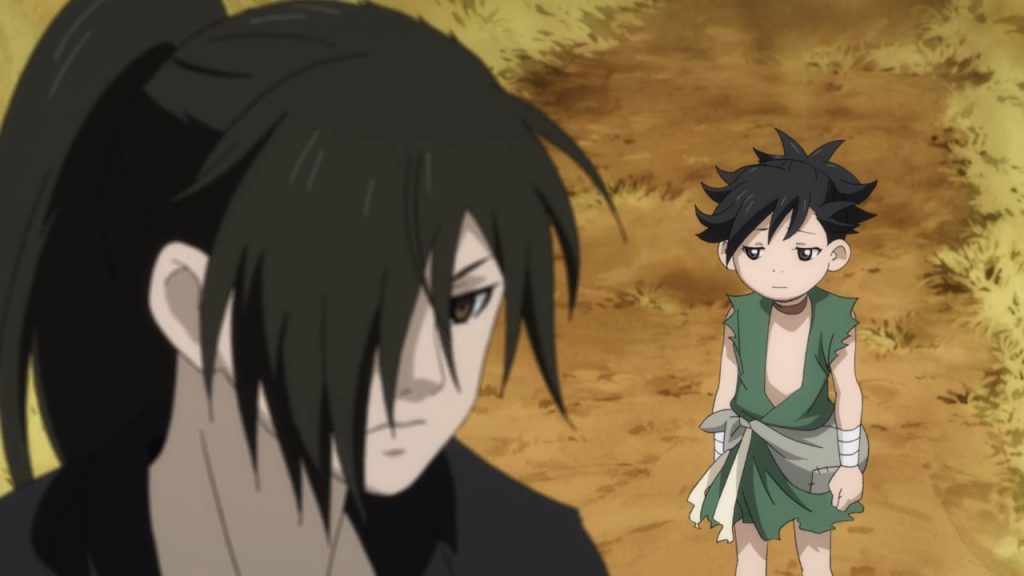
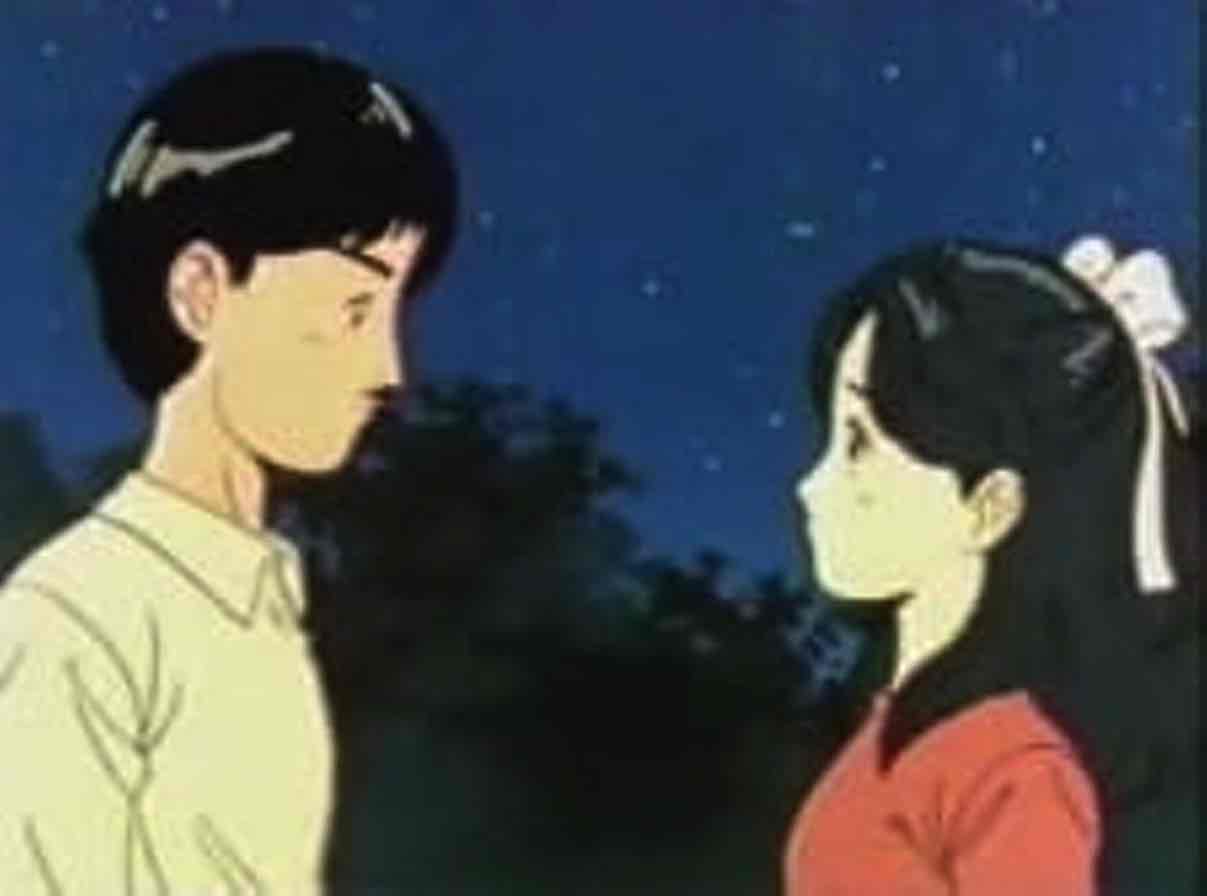
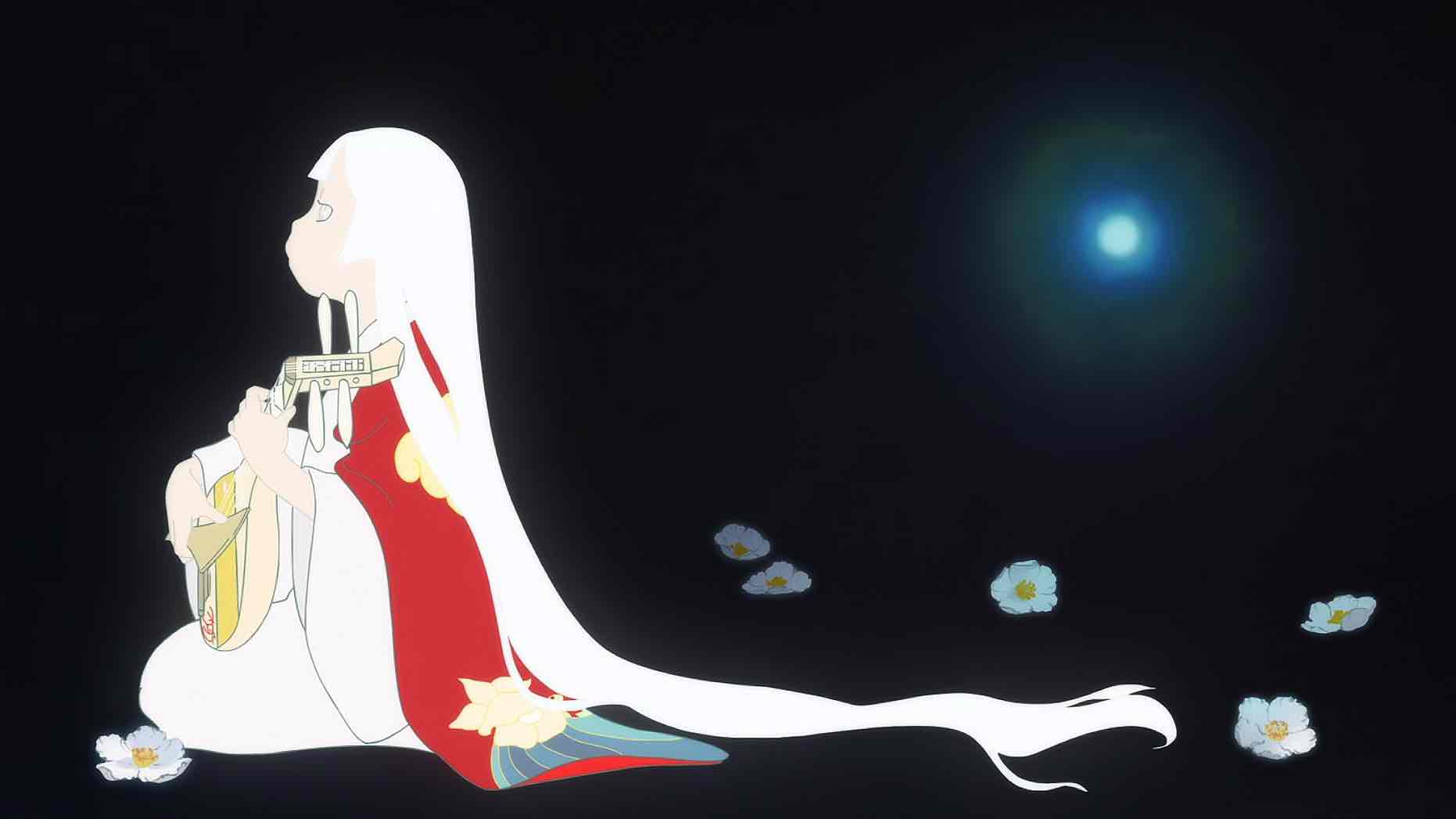
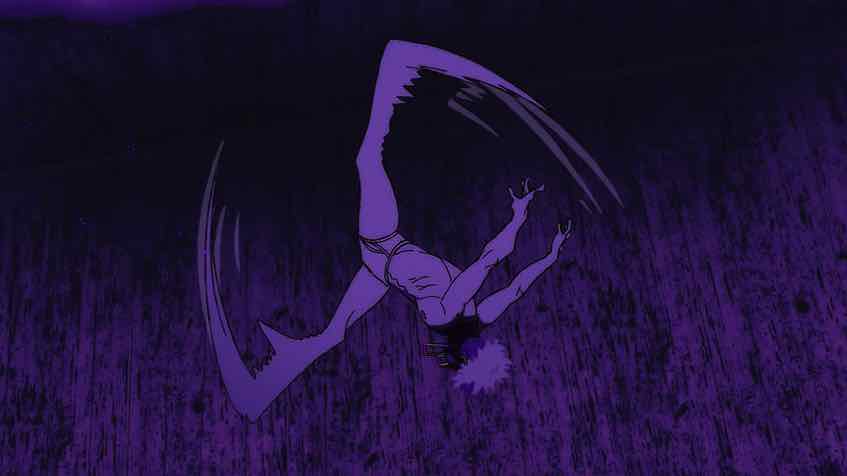

Nadavu
November 12, 2022 at 6:38 pmInteresting read!
The closest thing to political satire I can think of of the top of my head is the “daitouryou” character from Oh! Super Milk-chan
Guardian Enzo
November 12, 2022 at 8:14 pmIf you follow Bones at all, a lot of what Aikawa Shou writes is pretty laced with it (like ConRevo), even Eureka Seven AO (which was all over the matter of Japanese imperialism and Okinawan independence). Politics is not unicorn-rare in anime, but it avoids the royal family directly pretty much religiously.
Riv
November 13, 2022 at 4:09 amVery interesting! I wasn’t aware of this taboo at all. It is indeed a very stark contrast to the British royals.
Guardian Enzo
November 13, 2022 at 10:33 amI didn’t know much myself until Nicc asked me to look into it. I knew it existed but had never really dug into it.
Nicc
November 15, 2022 at 7:20 pmThanks for taking the deep dive into this topic. This is a topic that has long been of interest to me since I started getting into anime and manga. Any depictions of the Imperial House was non-existent.
As Enzo mentioned, that contrasts with other cultures. If you have ever been to a Thai-owned business, you’ll eventually come across a portrait of the King. I’ve never been to a Thai restaurant that never had a portrait of the King of Thailand. As Enzo talked about with the British royal family, they’ve been fodder for the media for decades, for good and for bad. And, there’s a lot of works based on them. My sister loves watching “The Crown”. There’s definitely no equivalent to that for Japan.
Those are great examples from anime and manga regarding this topic. It is difficult to find as the Imperial House is rarely mentioned to begin with. Even then, it’s limited to the Emperor did something or said something or they’re going to talk to him about something and that’s it. Otherwise, he’s never seen or heard.
What I didn’t know that it had something to do with the LDP, but I can see how that is the case now.
Again, thanks a lot for working on this commission and I learned new insights regarding this topic.
Nadavu
November 17, 2022 at 4:58 amI admit I don’t know much about imperial and royal families outside of Europe (and even there, I know very little) but it seems to me that one thing that sets the Japanese imperial family apart is that for the vast majority of their existence (which is the longest out of any other royal family, I believe) they were ceremonial figures that did not, in actuality, rule, and that rather than being chosen by the will of the heavens they were ostensibly divine themselves.
Nicc
November 19, 2022 at 9:21 amIndeed, it seems that Japan did not adopt the concept of the “Mandate of Heaven” like China did. From what I’ve read, some Emperors have tried a few times to re-assert their authority, but were either not successful or didn’t last for long.
il-Palazzo
November 18, 2022 at 8:13 pmThe only anime I could think of with the royal family playing a big part would be Muv-Luv Alternatives, bonus score for also discussing ultra-nationalism. I wouldn’t know the initial reaction when the game first come out though.
Guardian Enzo
November 18, 2022 at 8:27 pmI confess I dropped that after a couple of eps, so I’ll take your word for it. But that’s pretty hard sci-fi, isn’t it?
whatev
November 20, 2022 at 12:10 pmAs far as I can recall from the VN, they refer to the Shogun of a revived Shogunate. I don’t think the actual emperor is referenced there.
royman545
November 18, 2022 at 9:03 pmVery interesting read, I’m surprised how little i know about the japanese royal family but I now know it’s thanks to the chrysanthemum taboo. It was only because of the Princess Mako scandal that I knew the modern japanese royal family had any sort of relevance.
Rob Barrett
November 19, 2022 at 10:55 amFingers crossed that Mako Komuro is leading a happier life now …
Guardian Enzo
November 19, 2022 at 11:13 amIndeed, the way that couple has been treated is abominable. Especially by the Japanese press.